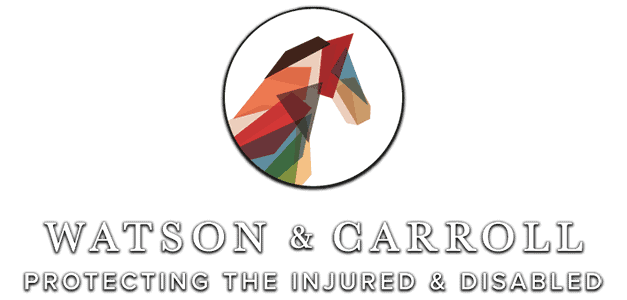
TYPES OF CASES
CASE RESULTSMedical Malpractice Confidential Settlements
In most cases, medical malpractice settlements are confidential. The road to settlement can bring with it an intimidating mix of medicine and law. It can be overwhelming. While formal litigation and taking cases to trial can resolve medical malpractice disputes, settlement through mediation reduces the emotional and financial risks to our clients. Settlement through mediation can bring some closure that our clients need in a way that is not only just and fair, but comfortable for the client.
Mediation and settlement may be appropriate in many cases. Even so, the attorneys at Watson & Carroll, P.C., L.L.O. are not afraid to go to trial to seek justice from a jury. We will take the time to assess the strengths and weaknesses of your case to determine what strategies will bring the best outcome possible for your case. Over the years, our attorneys and staff have built a trusted reputation among our peers throughout the community. We are here to protect you and your loved ones.
Everyone on the Watson & Carroll legal team recognizes that each case has unique and specific needs. Our firm gives every person who walks through our door the chance to tell their story. While we cannot turn back time and reverse the tragedy you or your loved one experienced, we will fight for you to bring what happened to light and to help you obtain financial justice for your injury. Please call us today to share your story. We do not charge anything to investigate your case. We are here to help.
Omaha, NE 68130
The following are examples of cases the attorneys at Watson & Carroll have resolved for our clients:
- Failure to diagnose cancer.
- Failure to diagnose a stroke.
- Failure to diagnose a detached retina, resulting in blindness.
- Failure to diagnose a heart attack.
- Failure to diagnose meningitis.
- Failure to diagnose infection, leading to partial blindness.
- Failure to diagnose hip dysplasia.
- Failure to diagnose cancer, resulting in amputation.
- Failure to diagnose artery injury, resulting in permanent nerve damage.
- Failure to diagnose a heart attack, resulting in wrongful death.
- Failure to diagnose cancer, leading to amputation and terminal outcome.
- Failure to diagnose heart condition, resulting in wrongful death.
- Failure to diagnose postoperative complications, resulting in death.
- Failure to diagnose stroke in the Emergency Department, resulting in permanent neurologic injuries.
- Failure to diagnose a medical condition, resulting in catastrophic urologic injuries.
- Failure to diagnose surgical error, resulting in wrongful death.
- Failure to diagnose infection, resulting in sepsis.
- Failure to diagnose melanoma.
- Failure to diagnose brain tumor, resulting in total blindness.
- Failure to diagnose a heart attack, resulting in permanent heart damage.
- Failure to diagnose aortic stenosis, leading to stroke.
- Failure to diagnose endocarditis, resulting in stroke.
- Failure to remove a peripheral IV, leading to a catastrophic infection.
- Failure to surgically intervene, resulting in wrongful death.
- Failure to timely deliver a baby, resulting in wrongful death.
- Dermatology procedure, leading to permanent scarring.
- Improper orthopedic care, resulting in permanent bodily injury.
- Intubation injury during surgery.
- Medication administration error, resulting in bodily injury.
- Administering a medication patient was allergic to, resulting in wrongful death.
- Medication error, leading to wrongful death.
- Medication administration error, resulting in wrongful death.
- Medication administration error, resulting in scarring.
- Plastic surgery, resulting in burns and permanent scarring.
- Retained foreign object during surgery, resulting in a second surgery to remove.
- Shoulder dystocia during birth, leading to permanent brachial plexus nerve injury.
- Surgery resulting in permanent nerve injury.
- Surgical error, leading to permanent eye injury.
- Surgical errors, resulting in total blindness.
- Surgical errors resulting in hysterectomy.
- Wrong diagnosis, leading to improper medication administration, causing wrongful death.
- Wrong-site surgery.
- Wrong site dental surgery.


